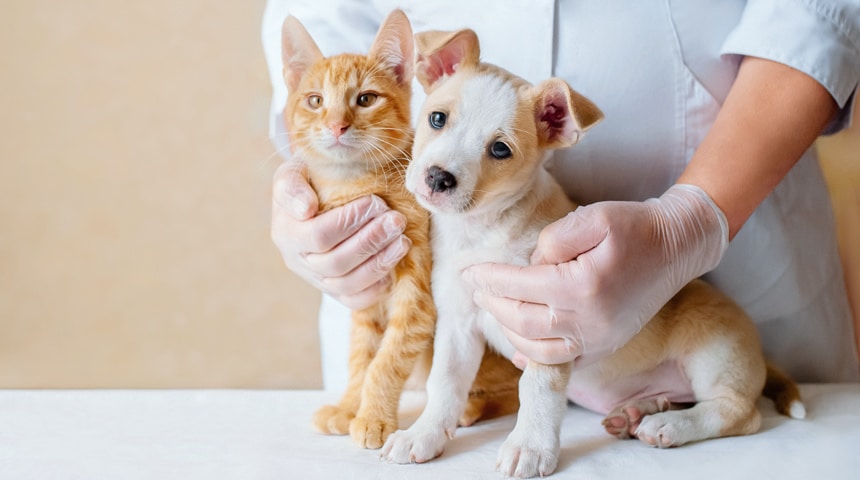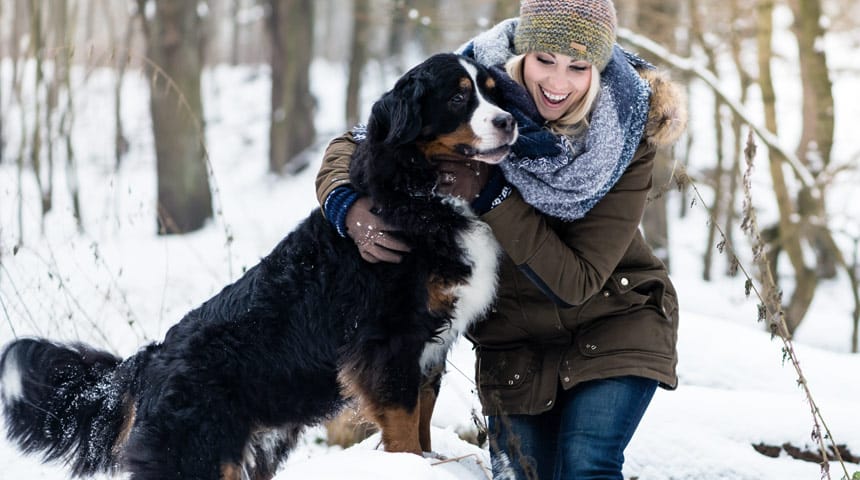Because I care about your pet’s health and yours, as a veterinarian, I strongly recommend having a stool analysis performed at least annually to check for parasites in our pets. Parasites are a common and often silent threat to our pets' health, and early detection and treatment are essential for their well-being.
Here are a few reasons why a stool analysis is crucial:
- Humans can catch them! Many parasites can be transmitted from animals to humans; these are known as zoonotic parasites. Children, elderly individuals, and immunocompromised individuals are particularly vulnerable to them. By identifying and treating parasites in our pets, we reduce the risk of human infection and protect the overall health of our families.
- Identification of Parasites: A stool analysis helps identify the presence of various parasites, such as roundworms, hookworms, whipworms, tapeworms, and protozoa like Giardia and Cryptosporidium. These parasites can cause a range of health issues in pets, including gastrointestinal disturbances, weight loss, anemia, and in severe cases, organ damage.
- Early Intervention: By detecting parasites in their early stages, we can intervene promptly and initiate appropriate treatment. This prevents the parasites from causing significant harm and minimizes the risk of transmission to other animals or humans within the household.
- Treatment Efficiency: Different parasites require specific treatment protocols. A stool analysis helps us determine the type of parasite present, enabling us to prescribe the most effective medication. Treating a specific parasite rather than using broad-spectrum medications ensures better treatment outcomes and reduces the risk of drug resistance.
- Preventive Measures: Routine stool analysis is a valuable tool for monitoring and evaluating the effectiveness of preventive measures. For example, if a pet is on a regular deworming regimen, a stool analysis can confirm if the treatment has been successful or if additional measures are required.
- Screening New Animals: When introducing a new pet into a household or a shelter environment, conducting a stool analysis is essential. It helps identify any potential parasites that the new animal may be carrying, preventing the spread of parasites to other animals already present.
In summary, running a stool analysis for parasites is a vital part of responsible pet care. It allows for early detection, appropriate treatment, prevention of transmission to humans, and effective monitoring of treatment outcomes. By prioritizing regular stool analysis, we can ensure the health and well-being of our beloved animal companions while safeguarding the health of our families.
Dr. Sébastien Kfoury v.m., IPSAV









